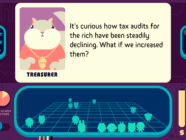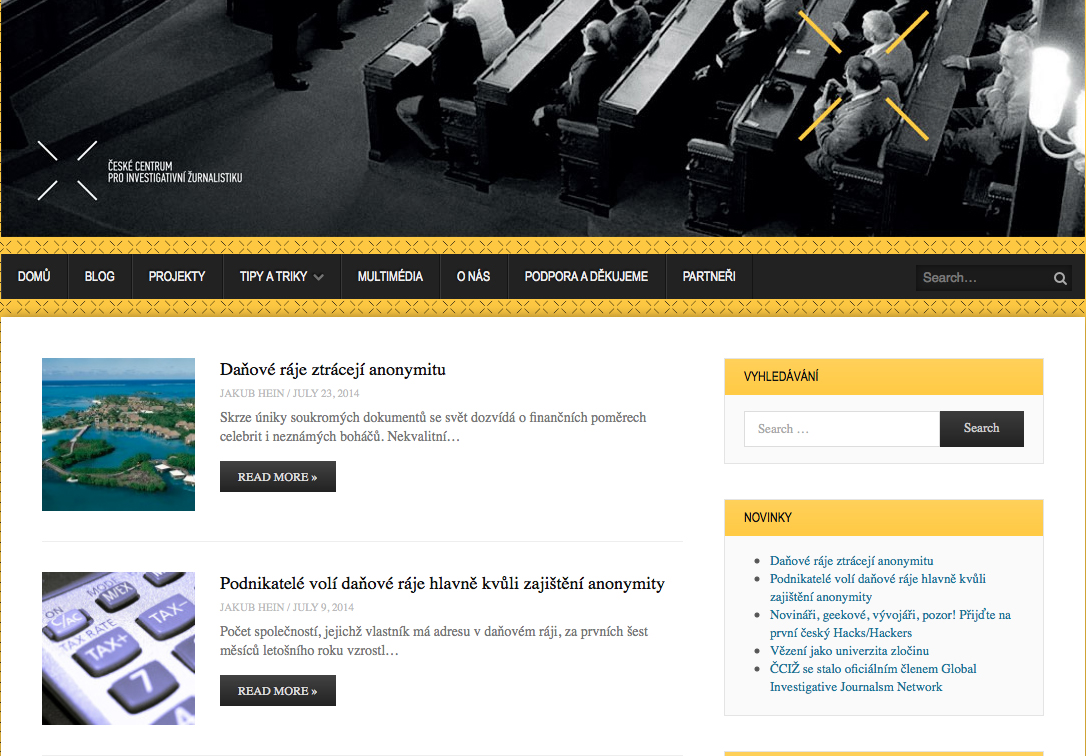Games are conceptually understood as a pastime and leisure activity that stands in direct opposition to the idea of work and productive activities holding positive connotations of driving progress and innovation in capitalist societies. However, digital game scholars have challenged this direct opposition for being misleading, as the digital game industry enforces and cultivates work and productive activities.
I take the example in my research on one particular kind of productive play or fan-labor in the digital game industry: Modding (short for modification) in the digital game industry which is code additions or alterations of the original game code that functionally change the way the game works or the textual representation.
While play at times is labor and productive, it has also entered a regulatory and legal framework. Thus, besides its questionable exploitation by the digital game industry, see for example ‘passionate pay slaves’ and ‘precarious playbour’, it is also becoming increasingly precarious from a legal perspective to be a content creator in the digital game industry.
Through interviews with nine modders associated with the website and mod distribution platforms Nexusmods.com and ModDB.com, in this short article I would like to illustrate how, without being employed, fandom and fan creativity are in fact a state of legal precariousness.
Modders: Fandom in the Digital Games Industry
Modders create mods for various reasons, some of the respondents to my interview study mentioned the inherent human drive for creating things, while others were driven by personalization and making the game as believable as possible. This undeniably sounds like a hobby passion and intrinsic drive, but creating mods is a demanding undertaking that sometimes takes years and requires multiple people involved, so it is not just a momentary pastime but a work-like endeavor that requires cooperation and dedication. This level of professionalism sometimes allows modders to launch their professional career off of their hobby.
According to Terranova and Tushnet with fandom cultures trespassing intellectual property with their cultural production, they not only perform forms of free labor, but they also enter a legal grey area of intellectual property which creates conditions similar to corporate non-disclosure agreements and corporate reputation-management practices.
According to Postigo for the modders, this means that their contributions are tethered within the industry, they reside outside of it but are still subject to legal responsibilities causing risk and uncertainty in their passionate creativities.
Modding distinguishes itself from other types of fandom creations for being deeply embedded within the digital game industry, instead of making music or film alterations/versions and deploying it on various media platforms, modders take the original source code of a digital game and alter it making it difficult to tell apart the original creation. More problematically, when modders distribute their fan creations on different forums and sites such as Nexusmods there is no quality assurance, therefore changes performed by the mod can have catastrophic consequences for the end-user as my informant explains:
Companies that allow modding, usually now understand that they have to do so under specific conditions where they own everything that is created, in part to protect themselves, and in part to protect modders. Because if someone downloads a mod and it ruins a computer for example, if there is no legal protection in place, that person could sue the modder. So, having a solid EULA, where all content that is created in this toolset for this game is created by this company, ensures that this doesn’t occur.
My informant insinuates a recent change in corporate attitudes towards modding, this has to do with only a few corporations actually embracing this form of fandom creation. Kerr calls out specifically id Software, Epic Games, and Rockstar for having been directly involved in supporting and facilitating the incorporation of mods to their games. But as my informant states, this led to lessons learned along the way, as both parties involved were not necessarily aware of the potential legal issues this implied, which later led to the broader adoption of end-user license agreements (EULA) and terms of use contracts being the default within the industry.
Fandom, Entrepreneurship, and the Precarious
Today legal precarity is a part of the everyday digital labor for content creators on social media platforms with the increased use of automatized ‘notice and takedown’ and fighting marginalized groups‘ algorithmic (in)visibility, but it is also increasingly injected into the realm of play and games. This is arguably less likely to be expected, as play and games are often disregarded as not serious, but from a legal perspective, it is becoming an increasingly serious environment.
In his book Entreprecariat, Silvio Lorusso brings together two distinctive concepts: Entrepreneurship and the Precarious arguing that microentrepreneurs, who are mostly Western and highly educated students, freelancers, and unemployed are “forced to develop an entrepreneurial mindset in order not to succumb to the growing precariousness that involves both the economic and existential sphere” (p. 17), performing immaterial labor as described by Lazzarato, experience “cognitive dissonance” as they find themselves adopting entrepreneurial self-defeating strategies.
According to Lorusso, these strategies bind us to what Ian Bogost calls the state of hyperemployment where life is oversaturated with work as previously perceived leisure activities, such as play, have become increasingly work-like. Adding to Lorusso’s observations of the entrepreneur, the case of modders and fan-creations adds a layer of legal precarity to the growing problem of content creators‘ freedom of expression coupled with intermediaries‘ responsibility as limited liability regimes.
As my informant continues, where EULA and terms of use have relieved the game publishers of potential liability, it does not solve the issue on the side of modders as a majority of modding newcomers are inexperienced and unaware teenagers:
Yes, they tend to be taints [teenagers]. No one can expect that they can understand IP law, and yet they are working in a space that almost requires it. If I were to release a game that had a modding community, I think nowadays that would be one of the first things that I would talk to a growing and new community about: “Here are the things you can do, and here are the things you can’t do. And here is why” because a lot of companies don’t do that. I think setting that expectation, and explaining: “Hey we are not shutting down your project because we hate you, or are angry at you, we legally have to do that, to protect ourselves, otherwise we lose this valuable thing that we have created”.
Conclusion
As my informant states, with new generations continuously entering the modding community, it remains a challenge to clarify the increasingly legal environments of digital games that they traverse.
Being a creator in the digital game industry is therefore a rather uncertain endeavor with obligations and rights like that of being employed, however, with the difference being that corporations are not obliged to inform you about your rights beyond subtle cookies and notifications. Reflecting on Larusso’s Entreprecariat it is clear that precariousness extends beyond the feeling of uncertainty but can also have legal consequences.
Článek byl přeložen z anglického originálu.
Tags:digital games, Fandom, Labor, Legal, Precarious
















